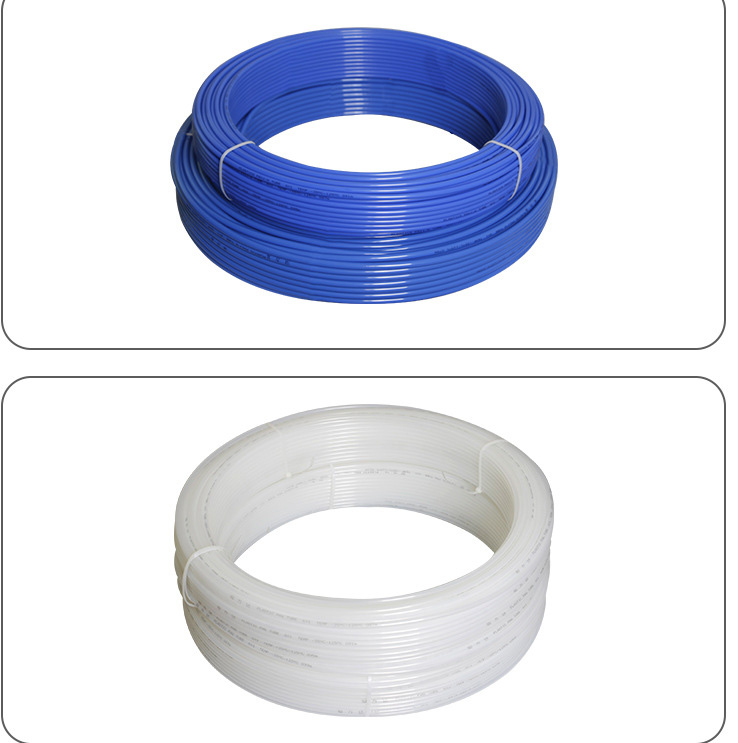Premium Vacuum Insulated Tubing Manufacturer | High-Performance Thermal Solutions
Understanding Vacuum Insulated Tubing Manufacturing
Vacuum insulated tubing plays a crucial role in various industries, serving as the backbone of many applications requiring thermal efficiency and safety. These tubes are designed to minimize heat transfer, ensuring that the substances they contain—whether hot or cold—remain at their desired temperatures for extended periods. This article delves into the manufacturing process of vacuum insulated tubing and its applications, highlighting the significance of specialized manufacturers in this field.
The Basics of Vacuum Insulation
Vacuum insulation works by creating a vacuum between two layers of material, which drastically reduces thermal conductivity. The absence of air in this space eliminates the conduction and convection of heat, making it an ideal solution for maintaining temperature-sensitive products. This technology is especially valuable in industries such as oil and gas, pharmaceuticals, food and beverage, and cryogenics.
The Manufacturing Process
The production of vacuum insulated tubing involves several critical steps
1. Material Selection The first step in manufacturing vacuum insulated tubing is the careful selection of materials. The outer layer is often made from strong metals like stainless steel or carbon steel, chosen for their durability and resistance to external factors. The inner layer, in contrast, may be constructed from various materials depending on the application, including specialized alloys or plastics.
2. Tube Fabrication After selecting the materials, the next step is to fabricate the tubing. This process typically involves cutting, shaping, and welding the chosen materials into the desired tube dimensions. Precision is essential here to ensure the integrity and performance of the finished product.
vacuum insulated tubing manufacturer

3. Creating the Vacuum One of the most critical stages is the removal of air between the two tubing layers. This process usually involves a vacuum pump that efficiently extracts the air to form a perfect vacuum. Achieving a high level of vacuum is essential for optimal thermal insulation.
4. Sealing After creating the vacuum, the tubes must be effectively sealed to maintain the vacuum over time. Various sealing methods can be employed, such as welding or the use of special sealants designed to resist extreme temperatures and pressures.
5. Quality Testing Finally, the manufactured vacuum insulated tubing must undergo rigorous quality testing to ensure it meets industry standards. This may include pressure tests, thermal insulation tests, and checks for material defects. Only tubes that pass these tests are deemed suitable for distribution.
Applications of Vacuum Insulated Tubing
The applications of vacuum insulated tubing are diverse and extensive. In the oil and gas industry, for example, these tubes are used to transport hot oil from extraction sites to refineries while minimizing heat loss. In the medical field, vacuum insulated tubes are vital for storing and transporting sensitive materials like vaccines and blood products, ensuring they remain at the required temperatures.
Moreover, in the food and beverage industry, vacuum insulated tubing can be essential for maintaining the freshness of products during transport. The ability to regulate temperature extremes helps preserve flavor and quality, which is critical for consumer satisfaction.
Conclusion
In conclusion, vacuum insulated tubing plays an indispensable role in many critical applications, making the work of manufacturers essential for ensuring quality and efficiency. The sophisticated processes involved in its production—from material selection to vacuum sealing—demonstrate the advanced technology employed in this industry. By understanding and supporting vacuum insulated tubing manufacturers, industries can continue to rely on these products, contributing to safety, efficiency, and sustainability in their operations.
-
Top Quality Oxy Acetylene Hoses for Sale Fit for Welding DemandsNewsJul.28,2025
-
The Future of Pneumatic Air Tubes in IndustryNewsJul.28,2025
-
Superior and Reliable LPG Hose Pipe Solutions for Every NeedNewsJul.28,2025
-
Exceptionally Durable and Versatile Premium Braided PVC TubingNewsJul.28,2025
-
Best Adapters for Connecting Garden Hose to PVC Pipe ConnectionsNewsJul.28,2025
-
The Essential Role of LPG Hoses in Safe and Efficient Gas DistributionNewsJul.16,2025














